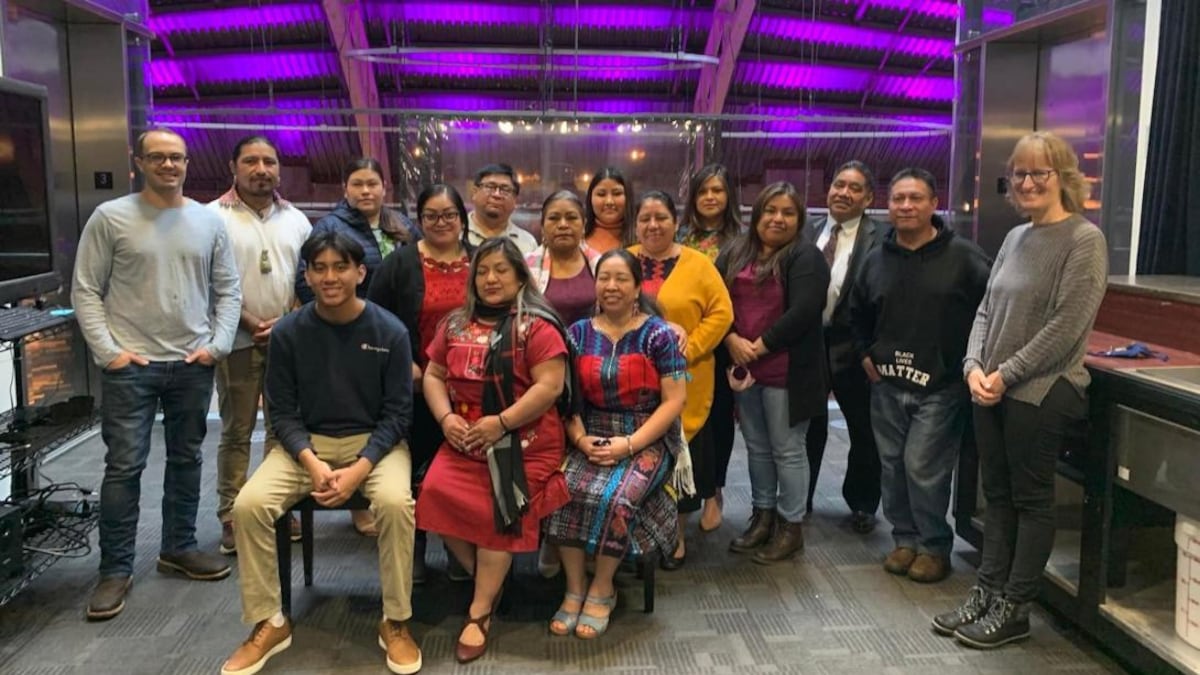Lost in Translation: Oregon's Indigenous Language Crisis Leaves Patients Unheard

A coalition of advocacy groups is pushing for enhanced interpreter training and accreditation standards to improve healthcare access for diverse communities. The collaborative effort aims to strengthen language support services, ensuring that individuals with limited English proficiency can effectively communicate and receive critical medical care and essential services.
By advocating for more rigorous professional development and certification requirements, these organizations seek to address communication barriers that often prevent non-native speakers from fully understanding medical instructions, treatment plans, and vital health information. The proposed legislative initiative would create more comprehensive guidelines for interpreter qualifications, ultimately promoting better healthcare outcomes and more inclusive service delivery.
Lawmakers are being urged to recognize the critical role of professional interpreters in bridging linguistic gaps and ensuring equitable access to healthcare and social services for all community members, regardless of their primary language.
